Opening segment: WSIS prizes 2020 awards ceremony
7 Sep 2020 13:00h - 14:00h
Event report
Eighteen WSIS prizes were awarded during the ceremony. The prizes recognised successful initiatives by governments, private sector actors, civil society members, and partnerships between all stakeholders. Mr Houlin Zhao (Secretary General, ITU) thanked the winners for their efforts and achievements in the implementation of WSIS action lines. In total, there were 72 champions, 354 nominees, and more than 2 million votes.
The winner in the category of the Role of Governments and All Stakeholders in the Promotion of the ICTs for Development (category 1) was the “Digital Clinic” created by Infocomm Media Development Authority Singapore. The project is led by corporate volunteers who provide assistance to anyone who has queries about the usage of mobile devices. It helps to include non-digital individuals in the information era.
The “Digital Inclusion-Free WiFi” developed by the Agencia Digital de Innovación Pública, Mexico, won the category 2 prize on Information and Communication Infrastructure. The aim of the initiative is to provide free wireless Internet access throughout Mexico City. More than ten thousand wi-fi access points were enabled to guarantee digital inclusion for the entire population.
The winner of category 3, Access to Information and Knowledge, is the “UAE Infrastructure Geospatial Platform”, created by the Ministry of Infrastructure Development United Arab Emirates. The platform delivers trusted geospatial data and services to government agencies and citizens.
“Siberkreasi (Indonesia National Movement for Digital Literacy)” won in category 4, Capacity Building. The initiative developed improvements to digital literacy education, such as Pandu Digital and Digital Scout; it established projects to combat the spread of false information; it worked on community empowerment by teaching the population to use technology for selling their craft.
The winner in category 5, Building Confidence and Security in the Use of ICTs, was the “Global Accredit Cybersecurity Education Scheme: Centre of Excellence for Capacity Building and Lifelong Learning”, Cybersecurity Malaysia. The programme is used to certify professionals.
“Startup Tunisia”, created by the Ministry of Communication Technologies Tunisia, won in category 6, Enabling Environment. The program will enable the emergence of more than a thousand startups within five years. It is composed of four main parts: (1) the improvement of the legal framework, (2) financing startups; (3) training and support of young people; and (4) the integration of different Tunisian regions in the process.
In category 7, ICT Application and Benefits in all Aspects of Life and E-government, the winner was the “Sabooj Sathi Online 3.0”, created by Backward Classes Welfare Department India. It will improve access to primary and upper primary schools within walking distance and will provide over eight million bicycles. In the category of e-business, the “Business Digital Transformation Centers”, Ministry of Information and Communications Technology Colombia, won for supporting MSMEs in the digital transformation process. In the category of E-learning “The first International CyberSchool of the Future for the New IT Generation KIBERone”, KIBERone CyberSchool Russian Federations, was awarded for providing additional training for children from 6 to 14 in digital technologies. In the category E-health, the “Early Diagnosis of Breast Cancer Using Artificial Intelligence”, Ministry of Health Oman, was awarded the first place for helping doctors to diagnose cancer in advance. In the category E-employment, the “Recruitment Process Management as a Shared Service for Government Agencies of Bangladesh”, created by the Bangladesh Computer Council, won for facilitating recruitment processes. “China Unicom Smart Blue Public Service Big Data Platform”, Network Intelligent Operation Research Center of China Unicorn Research Institute, in China, was awarded the prize in the category E-environment for improving the application of big data technology. The project integrates telecom big data with air quality data, population data and behaviour data to achieve refined air quality prediction and pollution traceability. In E-agriculture, the project “Eyes in the Sky, Smart Techs on the Ground”, Technical Centre for Agricultural and Rural Cooperation ACP EU Netherlands, the prize was awarded for starting to transform Africa’s agriculture into a high-tech industry, with decisions based on real-time gathering and processing of data. In E-science, the winner was “Open Data Policy and Portal”, created by the Ministry of Transport and Communications Qatar, which offers government data for decision makers, companies, academia, and civil society.
In category 8 on Cultural Diversity and Identity, Linguistic Diversity and Local Content, the Atta Initiative, Ministry of Communication and Information Technology, Saudi Arabia, won for enriching Arabic technical content and spreading digital culture to bridge the technical knowledge gap of Arabic speakers around the world through e-learning platforms and training.
In category 9, on Media, “Voices of Women Media”, from the Republic of Nepal, received the prize providing women from marginalised communities with innovative media and technology tools to empower their voices.
The category 10 prize, on Ethical Dimension of Information Society, was awarded to “ICT and Media: Efficient Tools for Youth to Counter Violent Extremism”, produced by the Ghana Investment Fund for Electronic Communications Ghana. The program will address propaganda from radical groups and their ideologies by providing counter narratives.
Finally, the category 11 prize, on International and Regional Cooperation, was awarded to Innovactoras, Spain, for recognising women as leaders and change makers. The association awards a prize to a young woman every year for her work in science, technology, business, education, and society.
Related topics
Related event

